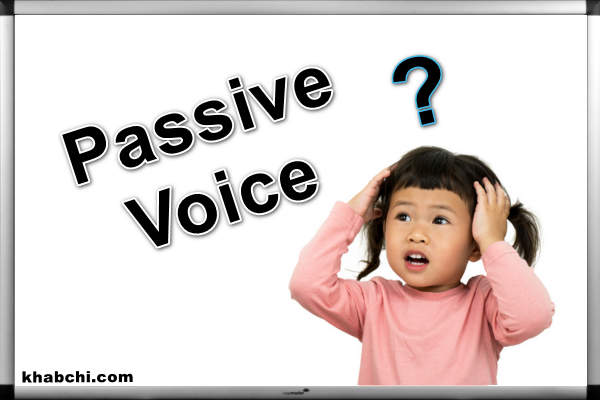Understanding the Vital Contrast Between Soft Skills and Hard Skills

In the realm of professional development and personal growth, the distinction between soft skills and hard skills holds significant importance. While both are essential components in shaping a well-rounded individual, understanding their differences is crucial for navigating today’s competitive job market and fostering effective interpersonal relationships.
Defining Soft Skills and Hard Skills
Hard Skills: Hard skills refer to specific, teachable abilities that can be quantified and measured. These are typically technical skills acquired through education, training programs, or on-the-job experience. Examples include proficiency in programming languages, operating machinery, data analysis, and proficiency in foreign languages.
Soft Skills: In contrast, soft skills are more subjective and relate to a person’s interpersonal abilities and emotional intelligence. These skills are often harder to quantify but are equally, if not more, critical in professional success. Soft skills encompass communication, teamwork, adaptability, problem-solving, time management, leadership, and conflict resolution.
Differentiating Between the Two
- Tangibility: Hard skills are tangible and easily demonstrable. For instance, a software engineer can showcase their proficiency in coding languages by completing programming tasks. On the other hand, soft skills are intangible and exhibited through behavior and communication patterns. A team leader might demonstrate strong leadership skills by effectively guiding a group through a project.
- Teachability: Hard skills are typically acquired through structured learning environments such as classrooms, workshops, or online courses. They often have clear benchmarks for proficiency. Soft skills, while also teachable, are often developed through practice, observation, and personal reflection. These skills evolve over time through experiences and interactions with others.
- Transferability: Hard skills are often job-specific and may not translate well across different industries or roles. For example, proficiency in a particular software program may be valuable in a technology company but irrelevant in a retail setting. Soft skills, however, are highly transferable and applicable across various professions. Effective communication, for instance, is valuable in any workplace environment.
- Impact on Success: While hard skills are essential for performing specific tasks, it’s often the soft skills that determine long-term success and career advancement. Employers increasingly recognize the significance of soft skills in fostering collaboration, innovation, and client relationships. A team of individuals with strong soft skills can often navigate challenges more effectively and achieve better outcomes.
Cultivating a Balance
In today’s dynamic work environment, a blend of both soft and hard skills is crucial for professional success. While hard skills may get you noticed, it’s the soft skills that can set you apart as a valuable team member and leader. Moreover, as automation and artificial intelligence continue to reshape industries, the demand for soft skills is expected to rise even further.
Conclusion
In summary, the distinction between soft skills and hard skills lies in their tangibility, teachability, transferability, and impact on success. While hard skills are specific, measurable abilities, soft skills are interpersonal and emotional intelligence attributes. Cultivating a balance between the two is essential for thriving in today’s competitive job market and building fulfilling relationships in both personal and professional spheres.




















